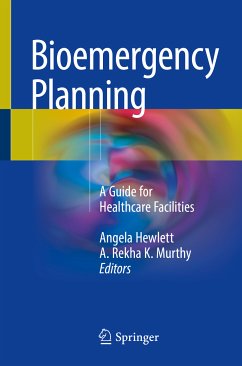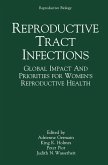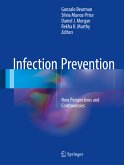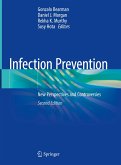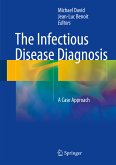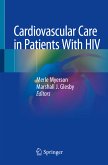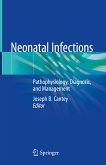This text gathers the weaknesses revealed during recent infections outbreaks and organizes them into a guide for combating the trends in emerging infections as they relate to hospital preparedness. As the first book to exclusively explore infectious emergencies, the text begins by reviewing potential pathogens and the clinical issues that may threaten hospital safety before delving into the best operational guidelines for commanding a staff under extreme circumstances, including incident command, communication, transport, maintenance, and a myriad of other topics that can remain manageable with proper protocol. Written by experts in the field, this text is the only one that offers the most effective clinical responses to a crisis at every level of care, including special population, laboratory techniques, care of the deceased, behavioral support, and medical documentation. The text concludes by focusing on the reality of care by introducing true examples from the field and the lessons gained from these cases.
Bioemergency Planning is a vital resource for infectious disease specialists, hospitalists, epidemiologists, internal medicine physicians, nurses, social workers, public health officials, and all medical professionals who need to be prepared to respond to an infection outbreak.
Dieser Download kann aus rechtlichen Gründen nur mit Rechnungsadresse in A, B, BG, CY, CZ, D, DK, EW, E, FIN, F, GR, HR, H, IRL, I, LT, L, LR, M, NL, PL, P, R, S, SLO, SK ausgeliefert werden.

